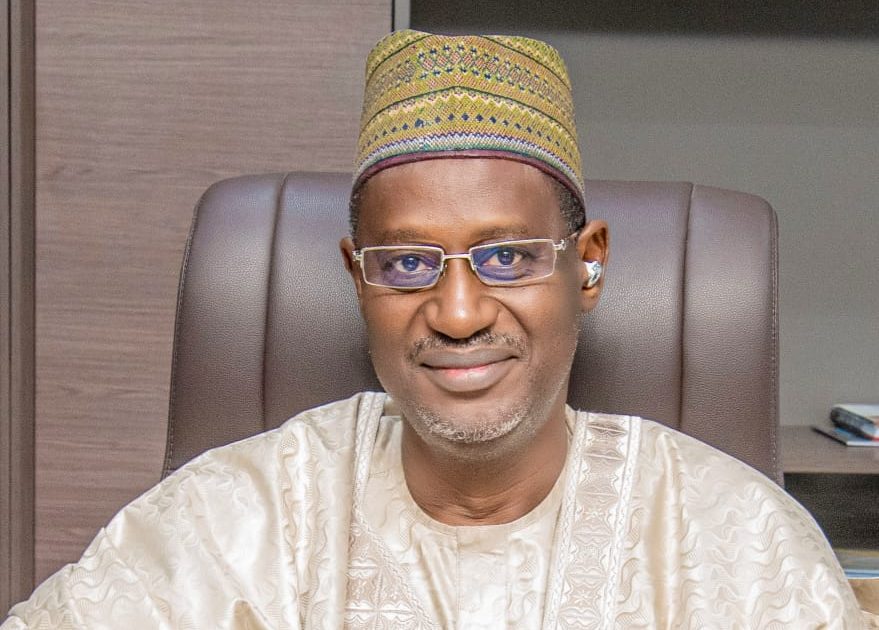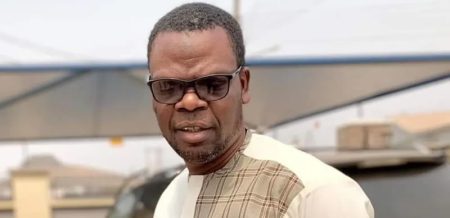Nigeria’s urban landscape is poised for a transformative shift with the recent approval of the National Urban Development Policy (NUDP). This comprehensive policy framework aims to steer the nation’s urban growth trajectory towards sustainable and inclusive development, aligning with international best practices and addressing the multifaceted challenges of rapid urbanization. The Minister of Housing and Urban Development, Ahmed Musa Dangiwa, has emphasized the critical need for robust collaboration with international partners, particularly the United Nations Human Settlements Programme (UN-Habitat), to effectively translate the policy’s ambitious goals into tangible outcomes.
The NUDP represents a significant milestone in Nigeria’s urban development journey, providing a strategic roadmap for navigating the complexities of urbanization. The policy resonates with global development agendas, including the Sustainable Development Goals (SDGs), the New Urban Agenda, and commitments to climate change mitigation and adaptation. Its core tenets focus on promoting sustainable urban planning, improving infrastructure, enhancing access to affordable housing, and fostering resilient communities. The policy seeks to create a more balanced and equitable urban environment, addressing issues such as slum upgrading, land tenure security, and environmental sustainability.
Recognizing the crucial role of collaborative partnerships in achieving the policy’s objectives, Minister Dangiwa has called for deepened engagement with UN-Habitat. UN-Habitat’s technical expertise and experience in urban development are seen as invaluable assets in supporting Nigeria’s transition from policy formulation to implementation. The minister has lauded UN-Habitat’s previous contributions to the policy review process and expressed a strong desire for continued partnership, particularly in providing technical assistance, institutional support, and expert guidance.
The implementation of the NUDP will require a multi-pronged approach involving collaboration across various levels of government, engagement with diverse stakeholders, and effective resource mobilization. The Ministry of Housing and Urban Development plans to disseminate the policy widely to state governments, encouraging its domestication and adaptation to local contexts. Collaboration with other relevant ministries, such as the Ministry of Works and the Ministry of Environment, will be essential to ensure a coordinated and integrated approach to urban development. Engaging with key stakeholders, including civil society organizations, private sector actors, and community groups, will be crucial to fostering ownership and ensuring the policy’s inclusivity.
Beyond the NUDP, the Ministry is pursuing several complementary initiatives aimed at addressing critical housing and urban development challenges. These include the development of “Renewed Hope Cities, Estates, and Social Housing projects,” which aim to provide affordable housing options for citizens across different income brackets. The National Slum Upgrade and Urban Renewal Programme seeks to improve the living conditions of vulnerable urban communities through targeted interventions. These initiatives, coupled with the NUDP, reflect the government’s commitment to creating more equitable and sustainable urban environments.
Land tenure insecurity is a major impediment to effective urban planning and development in Nigeria, with over 90% of land lacking formal titles. To address this challenge, the Ministry is partnering with the World Bank on a National Land Registration, Documentation, and Titling Programme. This initiative aims to establish a robust land administration system, providing secure land tenure and facilitating efficient land transactions. Minister Dangiwa has also welcomed UN-Habitat’s proposed Strategic Action Plan on land governance and expressed interest in receiving technical support, pilot programs, and capacity-building initiatives in selected states.
The successful implementation of the NUDP and related initiatives will require a sustained commitment from the Nigerian government, coupled with effective collaboration with international partners and engagement with diverse stakeholders. The Ministry’s proactive approach in seeking technical assistance, fostering partnerships, and prioritizing land tenure security demonstrates a strong commitment to achieving the policy’s ambitious goals. The synergistic efforts of government agencies, international organizations, and local communities will be crucial in shaping a more sustainable, inclusive, and resilient urban future for Nigeria. The government’s commitment to clearing outstanding financial obligations to UN-Habitat further underscores the importance it places on international partnerships in achieving its urban development objectives. By embracing a collaborative and holistic approach, Nigeria is paving the way for transformative change in its urban landscape, creating vibrant and prosperous cities for all its citizens.














